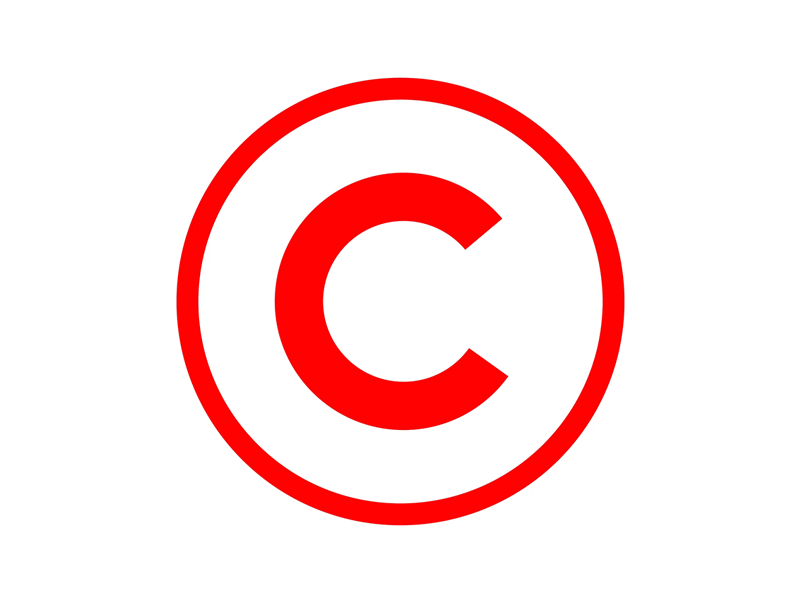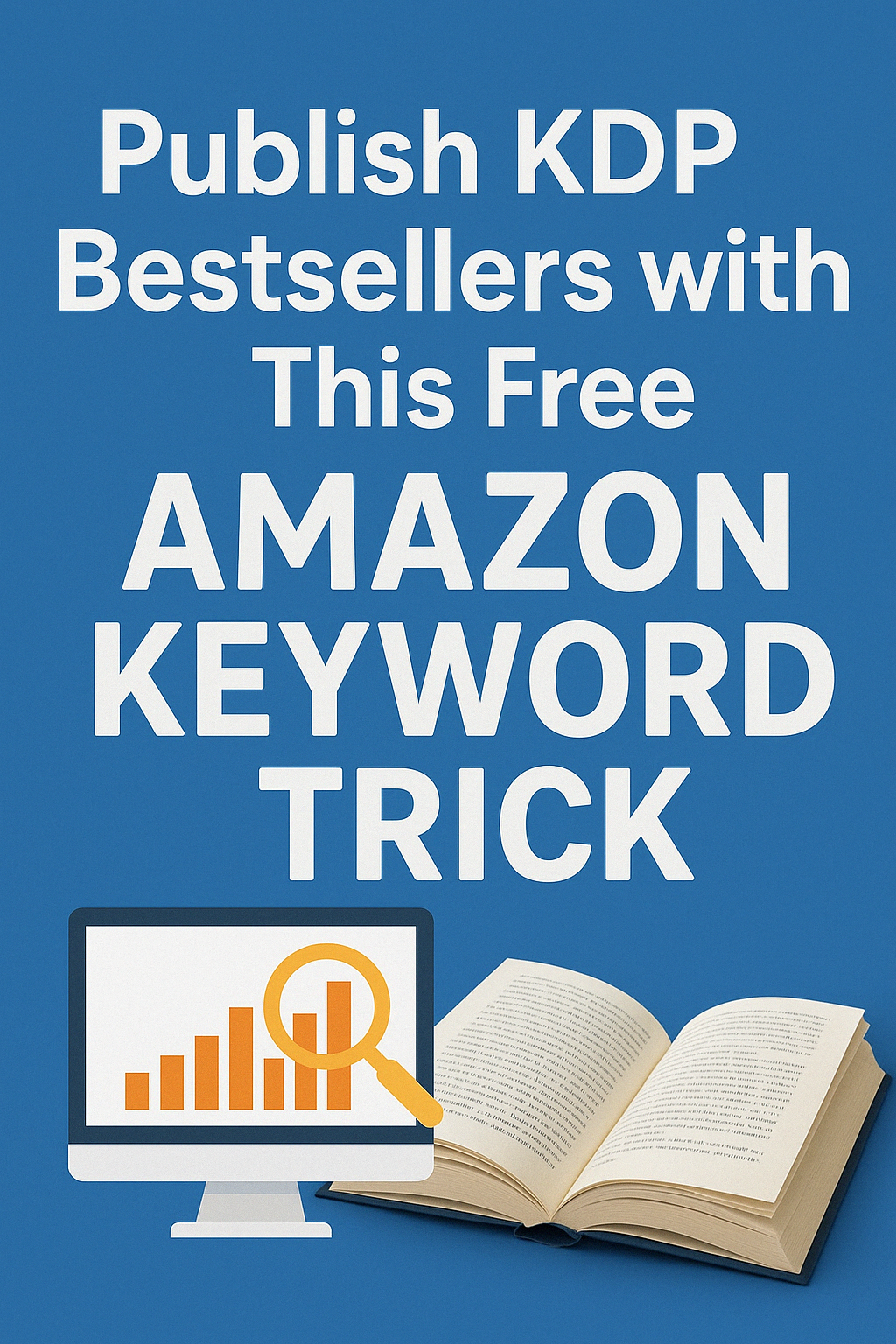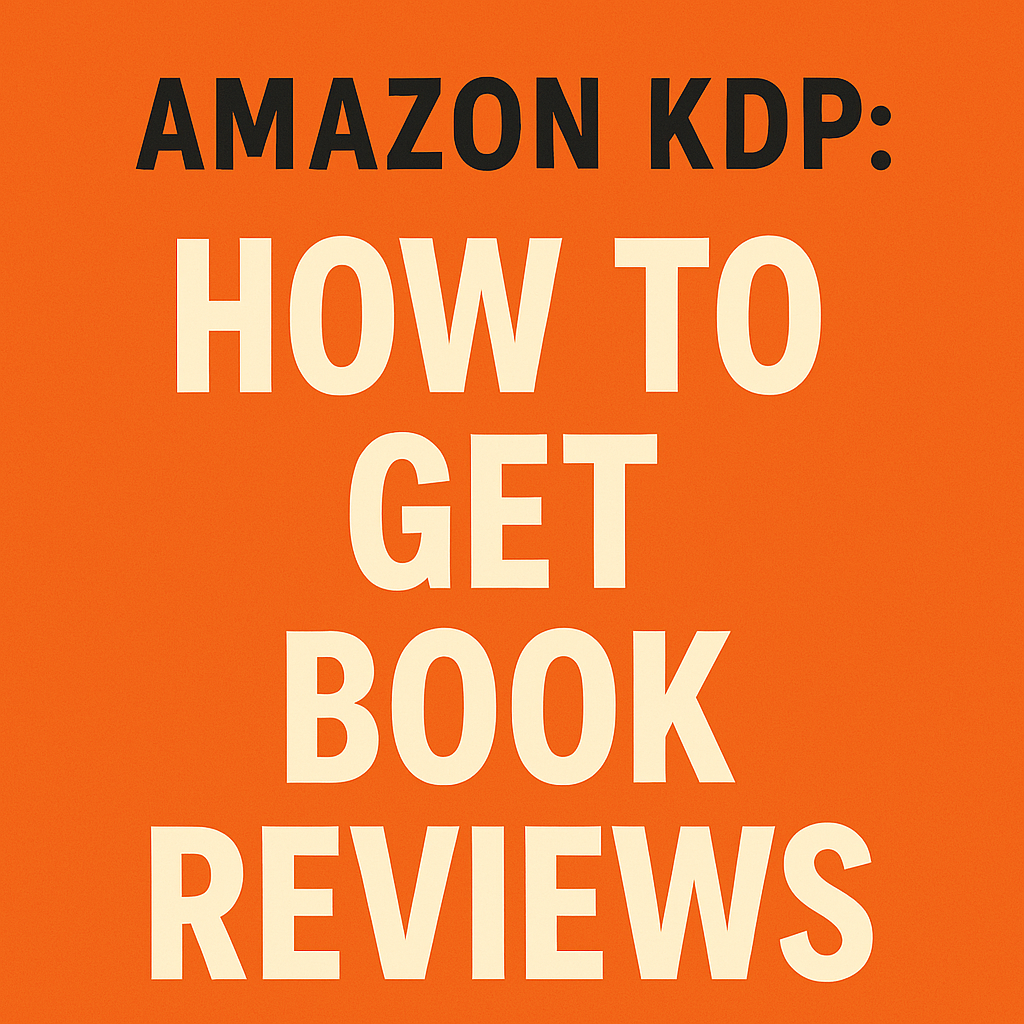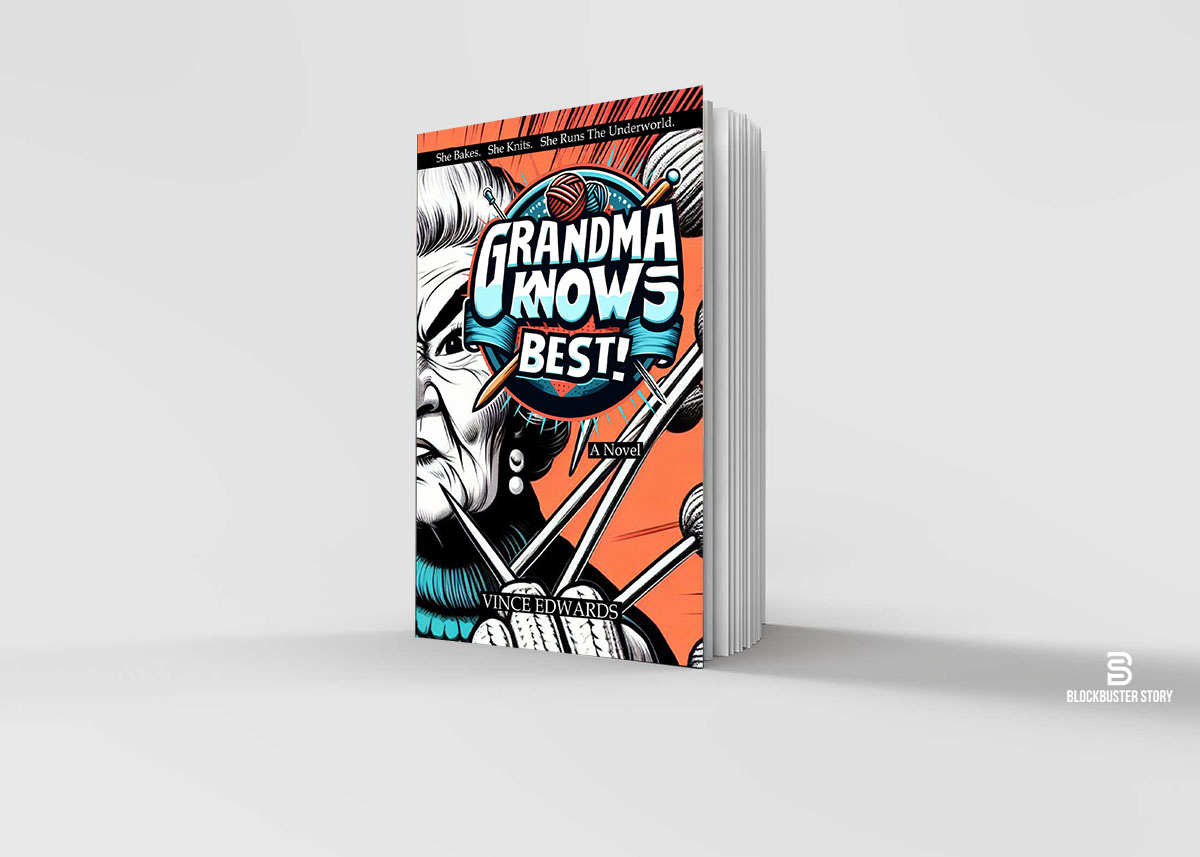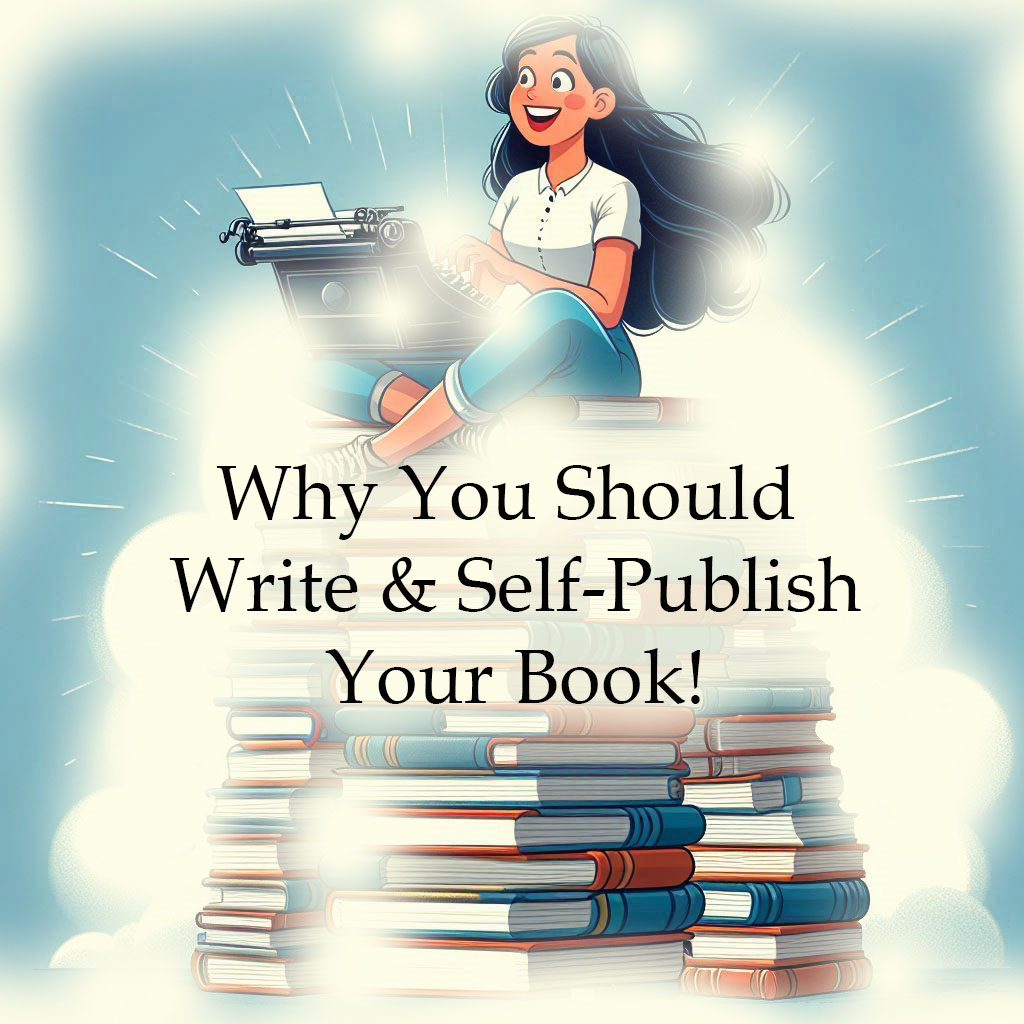In the world of publishing, authors often face the decision of whether to retain the copyright of their work or sell it.
This decision can significantly impact their creative control, royalties, and overall career trajectory.
In this comprehensive guide, we’ll delve into the nuances of selling the copyright of your book, exploring the benefits, risks, and essential considerations involved in this process.
Understanding Copyright and Its Value
Before diving into the intricacies of selling copyright, let’s establish a clear understanding of what copyright entails and why it holds significant value for authors:
- Copyright Basics: Copyright grants the creator of original work exclusive rights to its use and distribution, including the right to reproduce, distribute, and adapt the work.
- Protecting Intellectual Property: Copyright serves as a safeguard for an author’s intellectual property, preventing unauthorized use or reproduction by others.
- Monetary Value: Copyright is the foundation of an author’s ability to earn royalties from their work, including sales, adaptations, and licensing agreements.
Exploring the Pros and Cons of Selling Copyright
Selling the copyright of your book can offer various benefits, but it also comes with its fair share of drawbacks.
Let’s examine both sides of the equation:
Pros
- Immediate Payment: Selling copyright often involves a lump-sum payment or significant advance, providing authors with immediate financial compensation.
- Transfer of Responsibility: By selling the copyright, authors may transfer the burden of marketing, distribution, and licensing to the purchasing party.
- Opportunity for Adaptation: Selling copyright opens doors to potential adaptations, including film, television, and other media formats, which can lead to increased exposure and revenue streams.
Cons
- Loss of Control: One of the most significant drawbacks of selling copyright is the loss of creative control over your work, including decisions regarding adaptations, translations, and reprints.
- Limited Royalties: Authors forfeit future royalties and income potential by transferring copyright to another party.
- Risk of Misuse: Without ownership, authors risk their work being exploited or misrepresented by the new copyright holder.
Key Considerations Before Selling Copyright
Before committing to selling the copyright of your book, it’s crucial to consider several key factors:
- Financial Assessment: Evaluate the financial implications of selling copyright versus retaining ownership, considering both short-term gains and long-term revenue potential.
- Contractual Terms: Thoroughly review and negotiate the terms of the copyright transfer agreement, ensuring clarity regarding rights, royalties, and any potential reversion clauses.
- Future Goals: Consider your long-term career goals and whether selling copyright aligns with your objectives, including aspirations for creative control, recognition, and financial stability.
- Legal Counsel: Seek advice from a qualified attorney specializing in intellectual property law to ensure you fully understand the legal ramifications of selling copyright and protect your interests.
Alternative Options to Selling Copyright
For authors hesitant to relinquish full control over their work, several alternative options exist:
- Licensing Rights: Instead of selling copyright outright, authors can license specific rights to publishers or production companies for a predetermined period or purpose.
- Self-Publishing: With advancements in self-publishing platforms and distribution channels, authors can retain full copyright while retaining control over the publishing process.
- Hybrid Models: Explore hybrid publishing models that offer a balance between traditional publishing and self-publishing, allowing authors to retain some rights while accessing professional support and distribution networks.
Making an Informed Decision
Deciding whether to sell the copyright of your book is a significant milestone in your publishing journey, one that requires careful consideration of the benefits, risks, and alternatives available.
By weighing the financial, creative, and legal implications, authors can make informed decisions that align with their goals and aspirations.
Whether opting for full copyright transfer, licensing agreements, or self-publishing, remember that the path you choose should empower you to share your story with the world while safeguarding your creative rights and interests.
Written A Book? Need Help With Your Book Cover or Literary Packaging?
Looking to bring your ideas to life with captivating storytelling and imaginative flair?
Whether you need compelling copywriting, engaging written, visual or video content creation, or literary packaging that stands out, I’m here to help.
Let’s collaborate to turn your vision into reality. Reach out to me today to discuss your project and let’s embark on a journey of creativity together!


